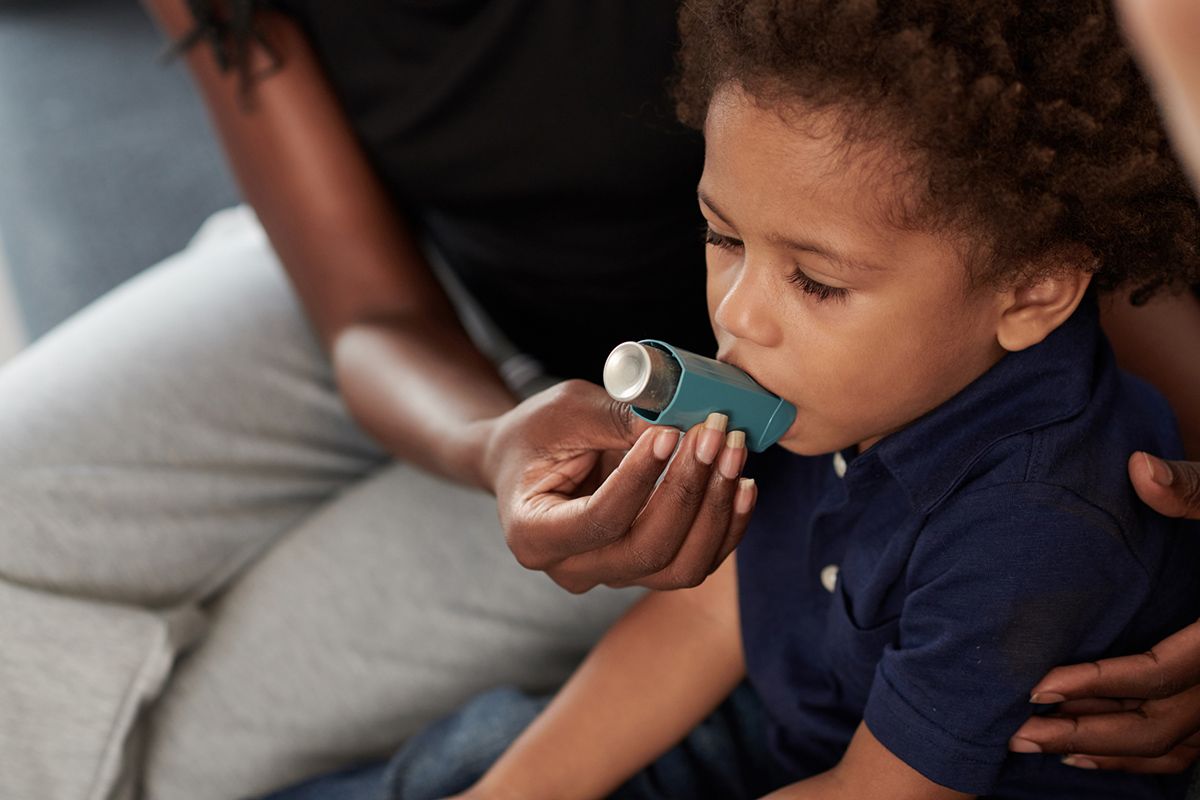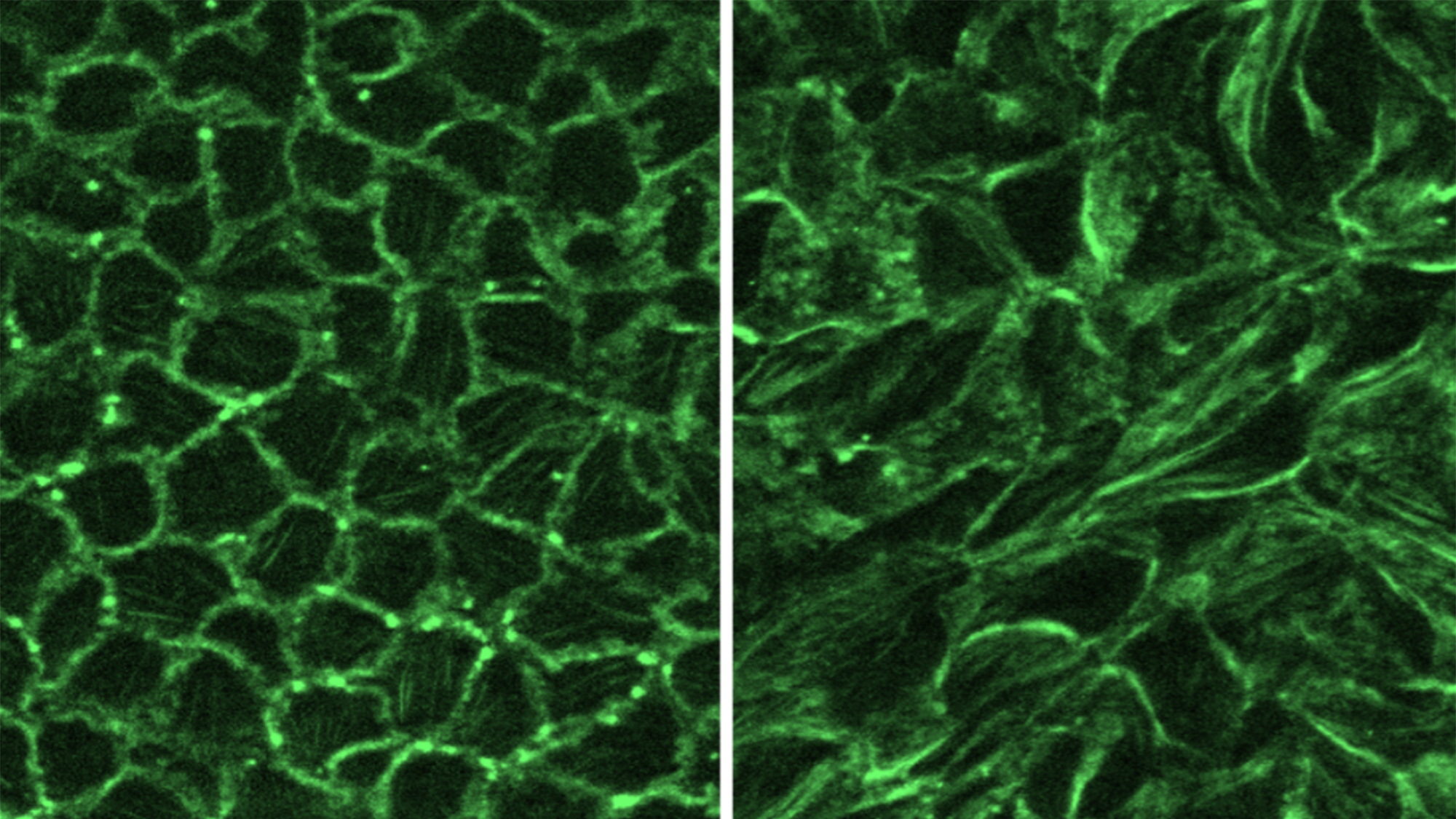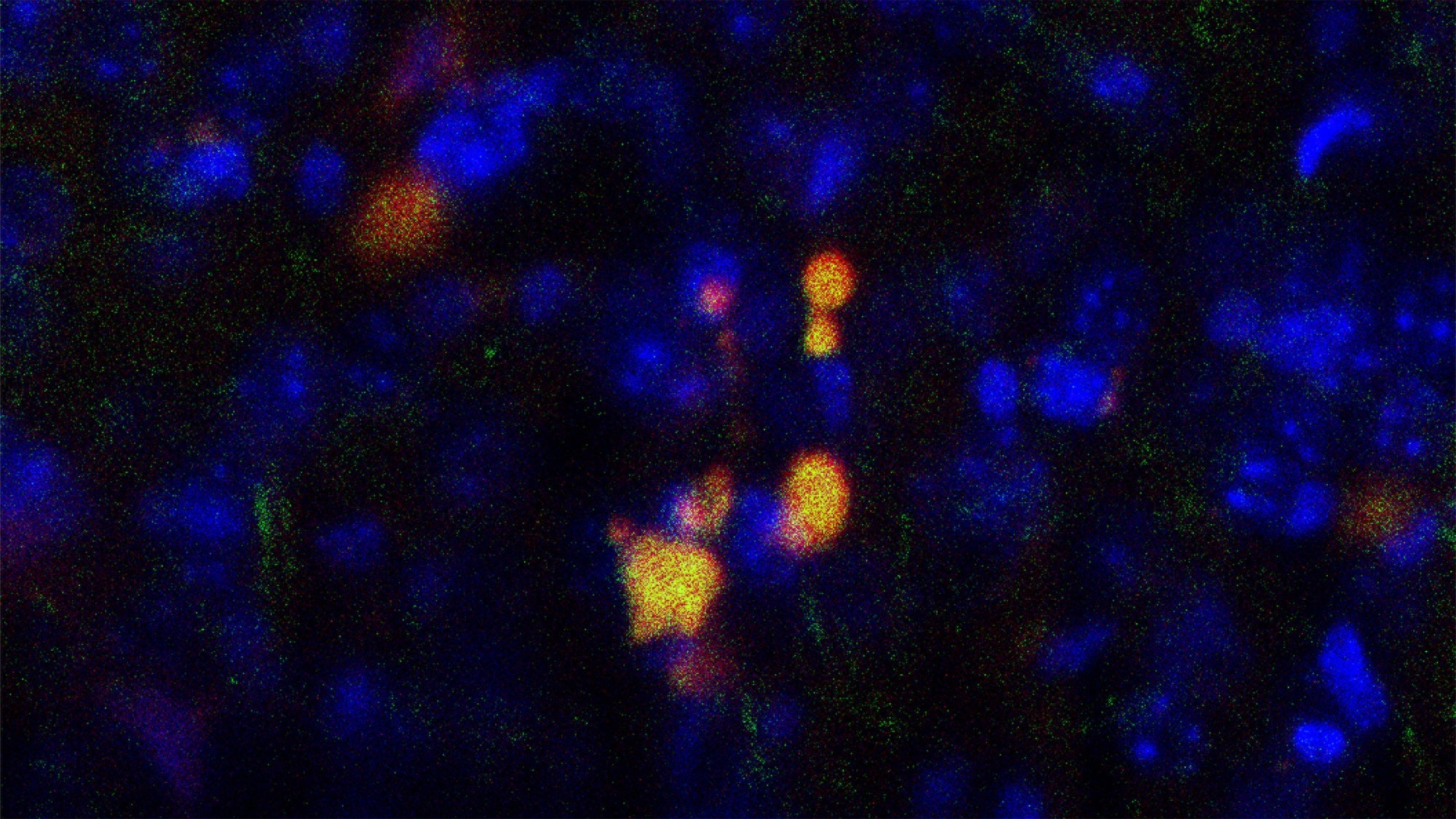Limited access to healthy foods may raise childhood asthma risk

Living in neighborhoods with limited access to grocery stores—and thus nutritious foods—can increase children’s risk of asthma, according to a study by researchers at Harvard T.H. Chan School of Public Health and collaborating institutions.
The study, published June 30 in the journal BMJ Open, was led by Veronica Wang, research fellow at Harvard Chan School.
Eating a nutritious diet can lower inflammation in the airway, potentially decreasing asthma symptoms and the risk of developing the disease, according to the authors. “However, eating a nutritious diet is not easily achievable in many areas in the USA, such as inner city and disadvantaged communities, that bear a disproportionate burden of the disease due to restricted or non-existent access to affordable and high-quality healthy foods,” they wrote.
The researchers analyzed data from over 16,000 U.S. children participating in the Environmental influences on Child Health Outcomes (ECHO) program—a long-term study funded by the National Institutes of Health—and categorized their neighborhoods using U.S. Department of Agriculture metrics that identify areas based on low income and low access to grocery stores. They found that those in early and middle childhood had a higher risk of asthma if they lived in urban neighborhoods more than 0.5 miles away from the nearest grocery store, or in rural neighborhoods more than 10 miles from the nearest store. Children also had a higher asthma risk if they lived in neighborhoods where many families did not have a vehicle, or if they were female, Hispanic, or had mothers with lower education levels.
“Given the economic and health burden childhood asthma poses, further work to confirm our findings and to clarify underlying pathways is needed to develop effective interventions aimed at asthma prevention,” the researchers wrote.
Other Harvard Chan School study authors were Heike Gibson, Diane Gold, and Antonella Zanobetti.


